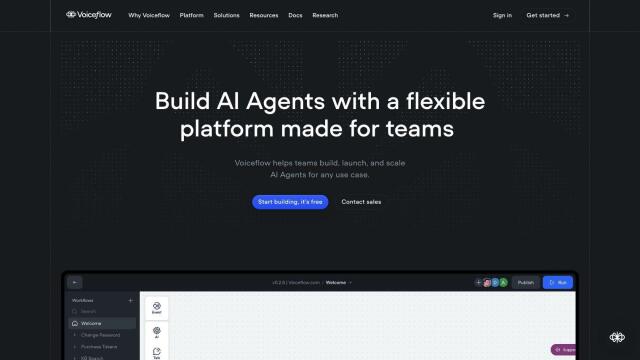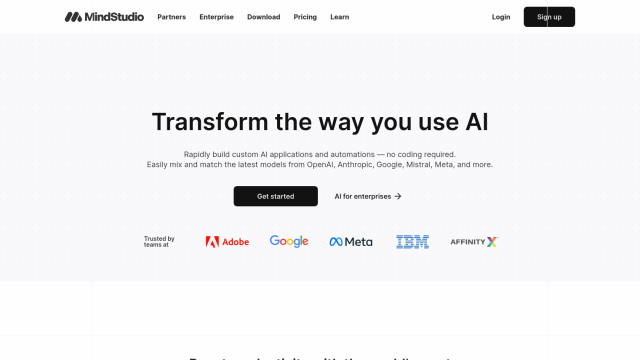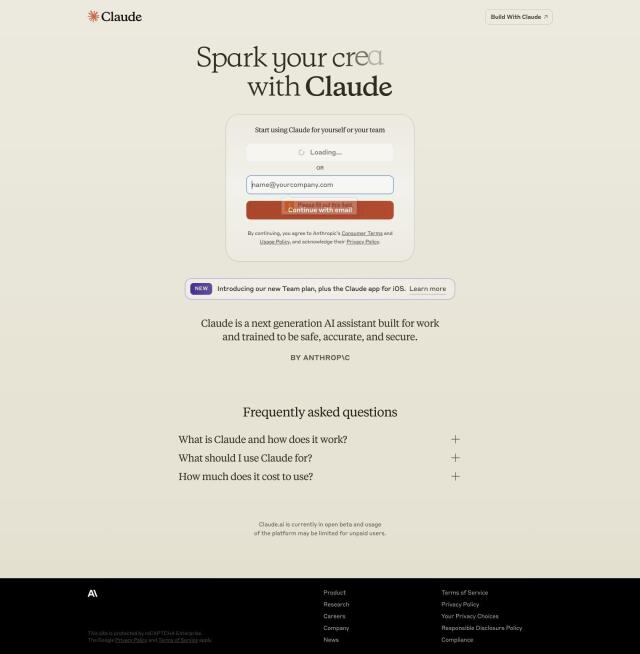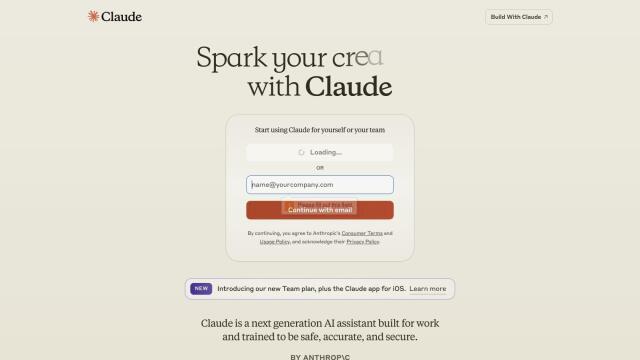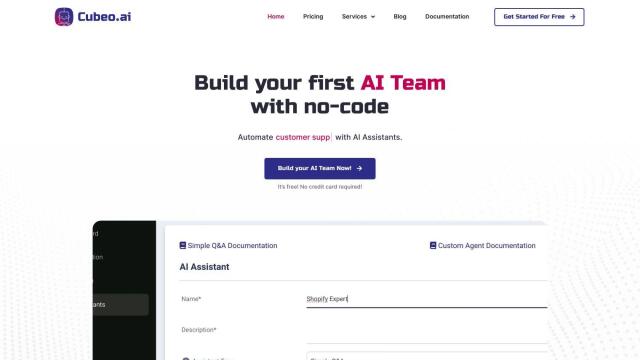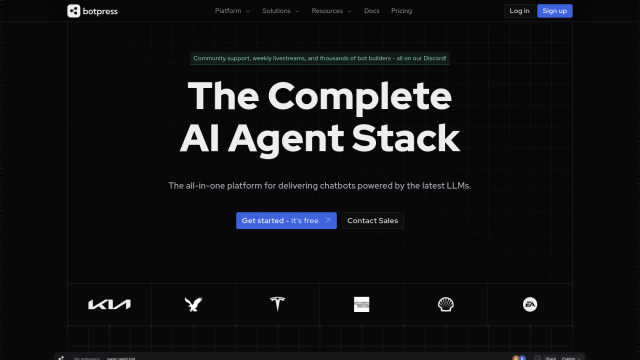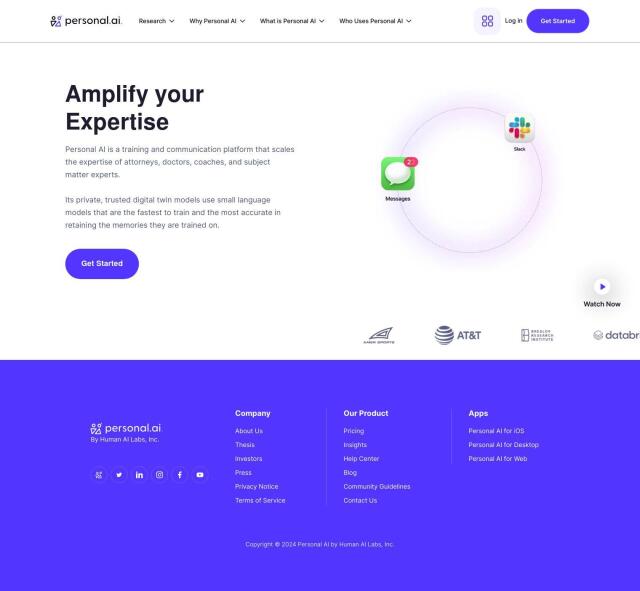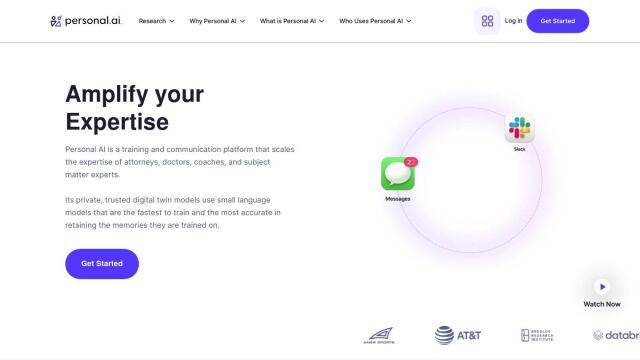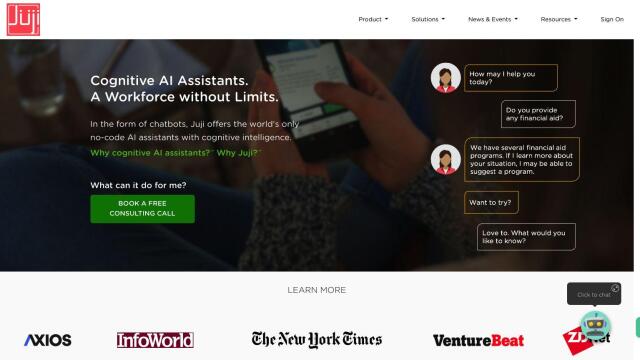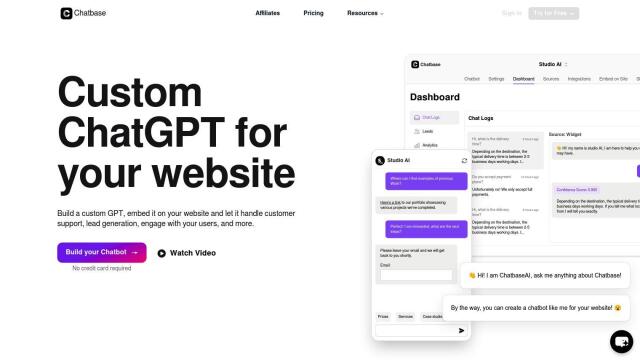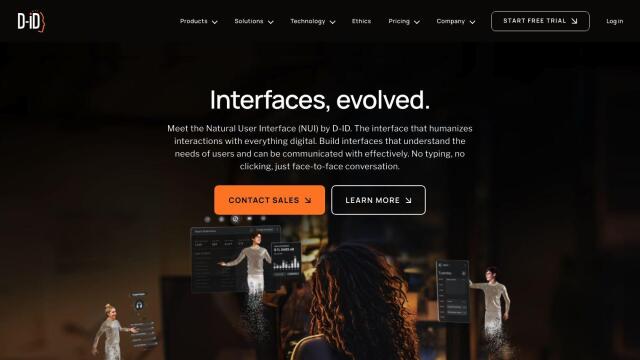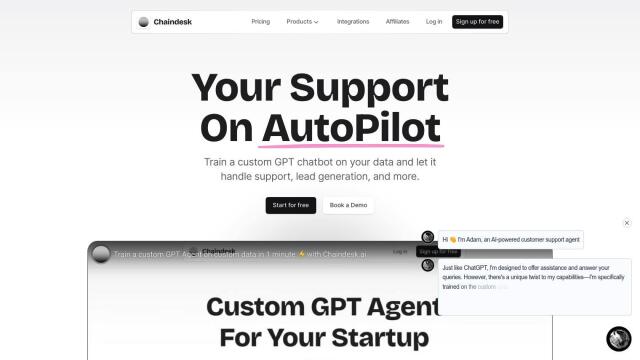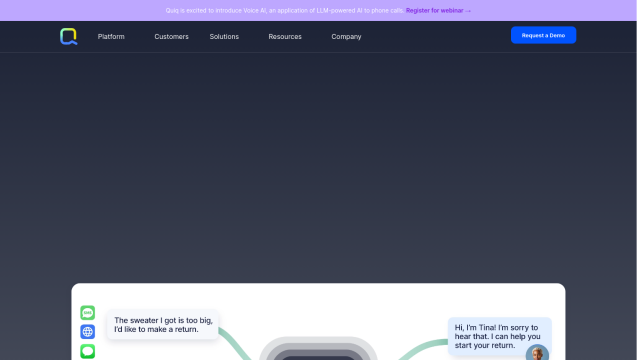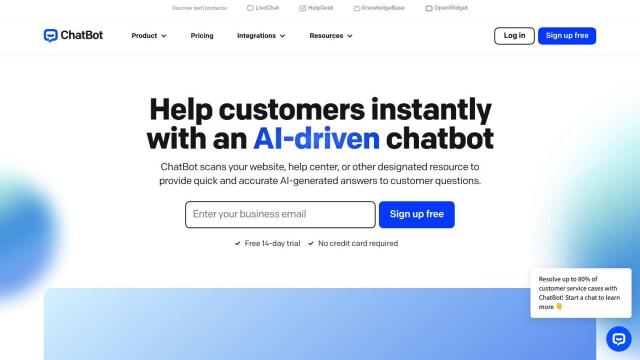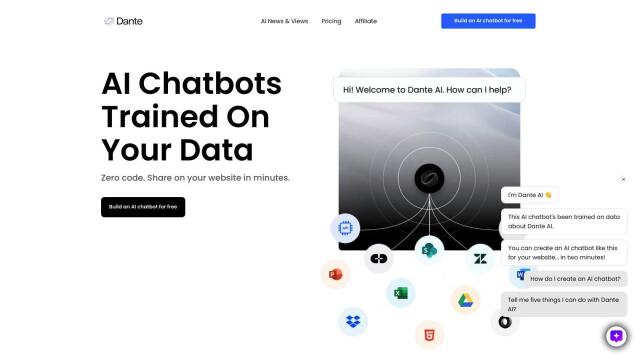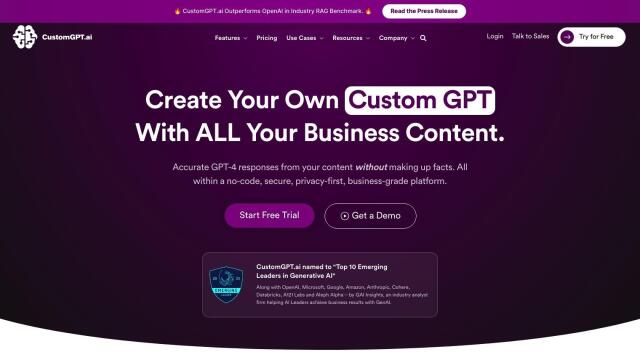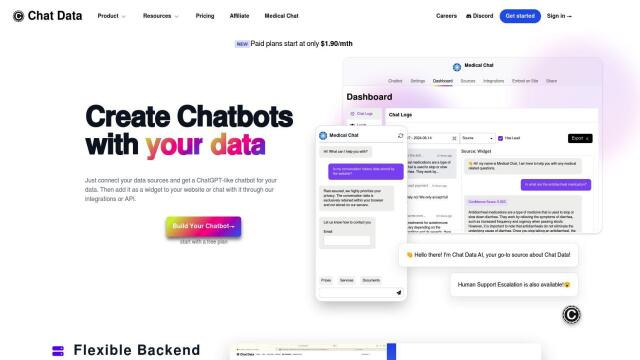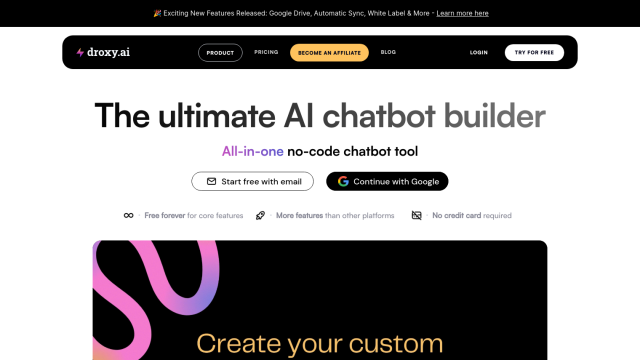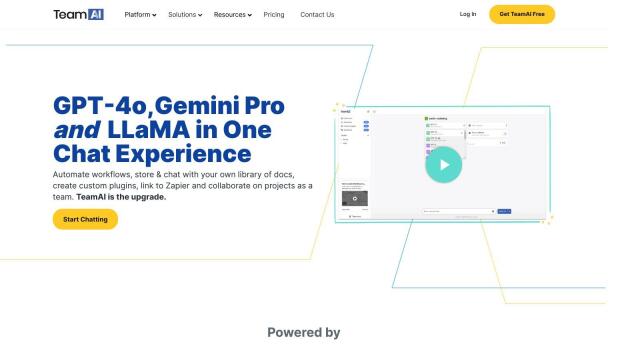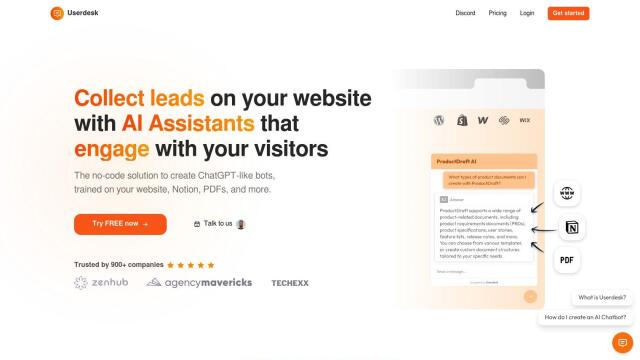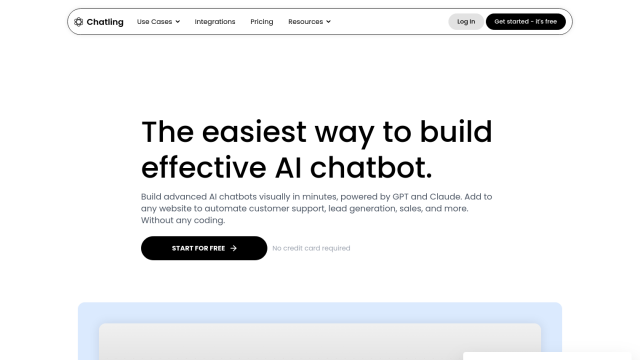Question: I'm looking for a way to create personalized digital assistants that can interact with users in real-time.

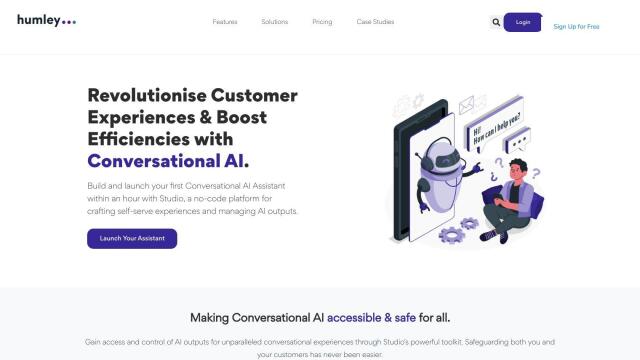
Humley
For building your own digital assistants that can respond to users in real time, Humley is a good option. The no-code platform lets you create and deploy conversational AI assistants in less than an hour using generative AI models from OpenAI LLM and GPT. Humley also offers multi-channel support, performance analytics and integration with existing systems, making it a good choice for support, HR, finance and IT. Humley offers several pricing tiers for different needs, including a free tier for testing.

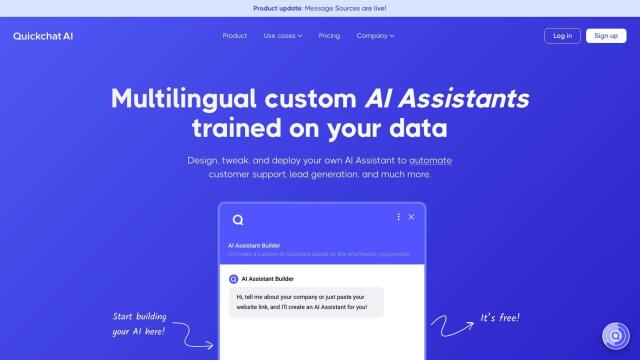
Quickchat AI
Another option is Quickchat AI. The platform lets businesses create and deploy custom AI assistants to automate customer support, generate leads and other tasks. It supports multiple languages, lets you customize conversation styles and integrates with helpdesk and CRM software. Quickchat AI offers four pricing tiers and a 7-day free trial, so you can try it out for your business needs.


Dify
If you prefer an open-source option, Dify could be a good choice. It lets you create and run generative AI applications, including AI assistants, with a visual Orchestration Studio. Dify also supports secure data pipelines, prompt design and model tuning, and offers several pricing tiers, including a free Sandbox plan.

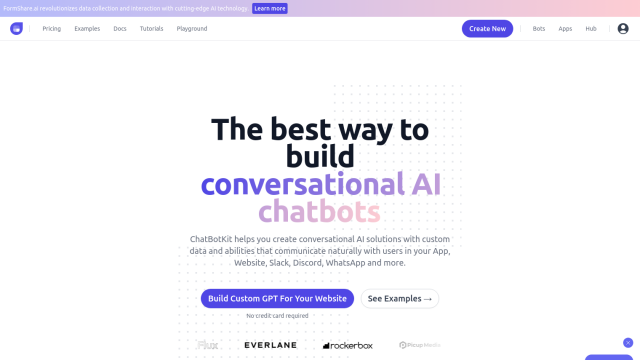
ChatBotKit
Last, ChatBotKit is another general-purpose platform for building AI chatbots. It supports multiple languages, custom datasets and integrates with popular apps like Slack and WhatsApp. ChatBotKit offers a powerful API and SDKs, and its flexible pricing tiers mean it can be used for everything from AI experiences to AI support.

